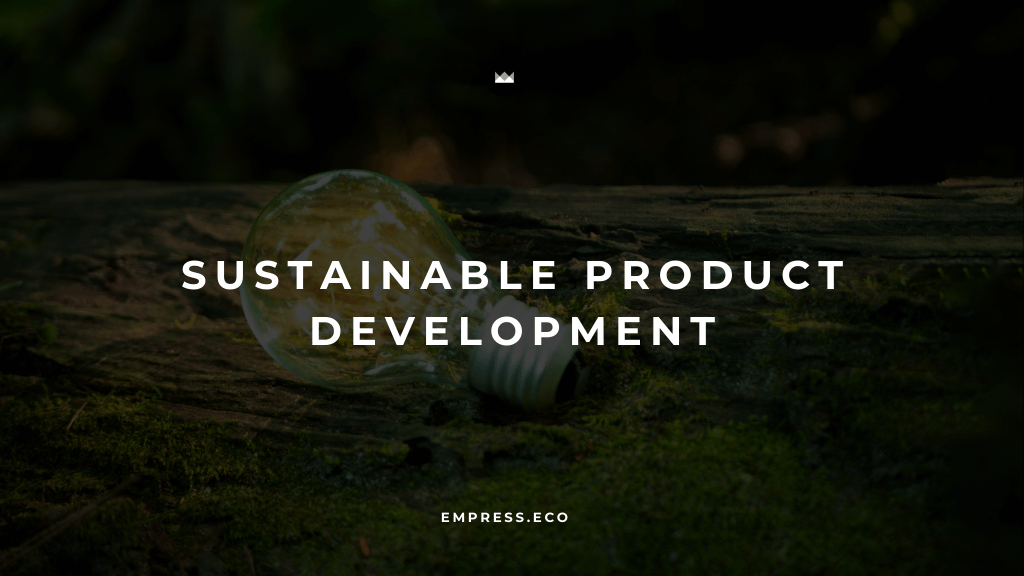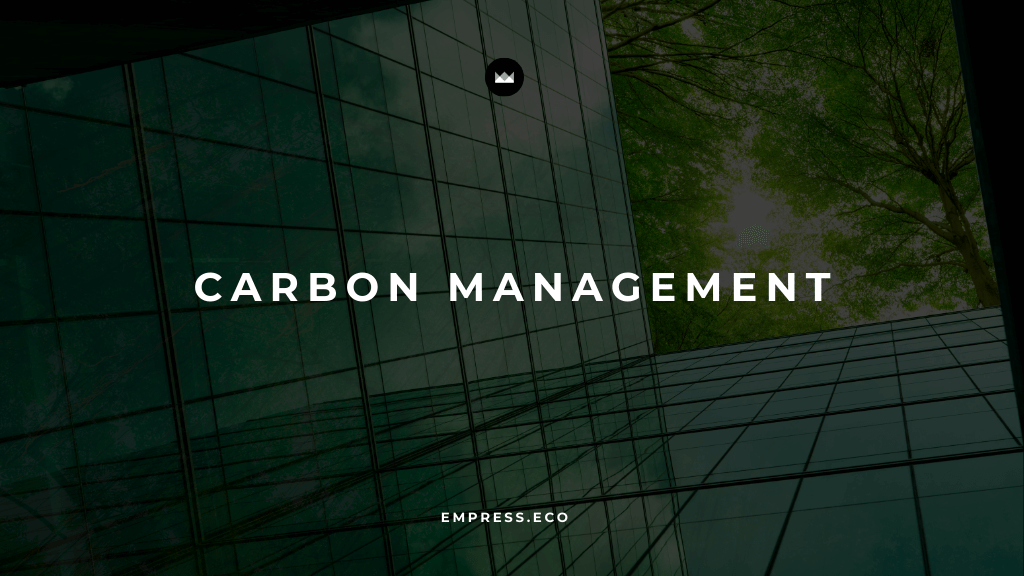Access to affordable and clean energy is essential for sustainable development and addressing climate change. Despite significant progress, millions of people still lack access to reliable energy sources. Sustainable Development Goal 7 (SDG 7) aims to ensure access to affordable, reliable, sustainable, and modern energy for all by 2030. This blog explores the current challenges and sustainable solutions to achieve this critical goal.
The Current State of Energy Access
According to the International Renewable Energy Agency (IRENA), 91% of the global population had access to electricity in 2022, leaving 685 million people still without access. Additionally, 2.1 billion people still relied on polluting fuels for cooking. The adoption of renewable energy has increased, but at a pace that is insufficient to meet the SDG 7 targets by 2030.Key challenges include:
- Energy Access: 660 million people are projected to still lack access to electricity by 2030 (United Nations).
- Renewable Energy Adoption: Renewables accounted for only 18.7% of total final energy consumption in 2021, a modest increase from 16.7% in 2015 (IRENA).
- Energy Efficiency: The global rate of improvement in energy efficiency was only 0.8% in 2021, far below the target of 2.6% (United Nations).
Key Strategies to Achieve Affordable and Clean Energy
To achieve SDG 7, a multifaceted approach is essential. Here are some key strategies:
1. Expanding Renewable Energy
Renewable energy sources such as solar, wind, and thermal are crucial for reducing carbon emissions and ensuring sustainable energy access:
- Solar and Wind Power: Investing in solar and wind energy can decarbonize up to 90% of the power sector by 2050 (United Nations).
- Infrastructure Development: Expanding infrastructure and upgrading technology in developing countries is essential for providing clean energy (United Nations).
2. Improving Energy Efficiency
Enhancing energy efficiency is vital for reducing energy consumption and lowering greenhouse gas emissions:
- Energy-Efficient Technologies: Promoting the use of energy-efficient appliances and industrial processes can significantly reduce energy use (IRENA).
- Policy Frameworks: Implementing policies that incentivize energy efficiency improvements across all sectors (United Nations).
3. Ensuring Universal Access to Modern Energy Services
Providing universal access to modern energy services is fundamental for improving quality of life and economic development:
- Electrification Programs: Accelerating electrification efforts, particularly in rural and underserved areas (Global Goals).
- Clean Cooking Solutions: Expanding access to clean cooking technologies to reduce reliance on polluting fuels (IRENA).
4. Enhancing International Cooperation
International cooperation is crucial for advancing clean energy research and development:
- Collaborative Networks: Building partnerships across the globe to boost the impact of clean energy investments (European Commission).
- Financial Support: Increasing international financial flows to support clean energy projects in developing countries (IRENA).
Conclusion
Achieving affordable and clean energy for all is essential for sustainable development and combating climate change. By expanding renewable energy, improving energy efficiency, ensuring universal access to modern energy services, and enhancing international cooperation, we can make significant strides towards SDG 7. As we work towards 2030, it is crucial to maintain momentum, adapt to emerging challenges, and ensure that no one is left behind in our collective journey towards a sustainable energy future.Through innovation, investment, and collaboration, we can build a future where everyone has access to affordable, reliable, and clean energy, powering progress and sustainability for generations to come.


